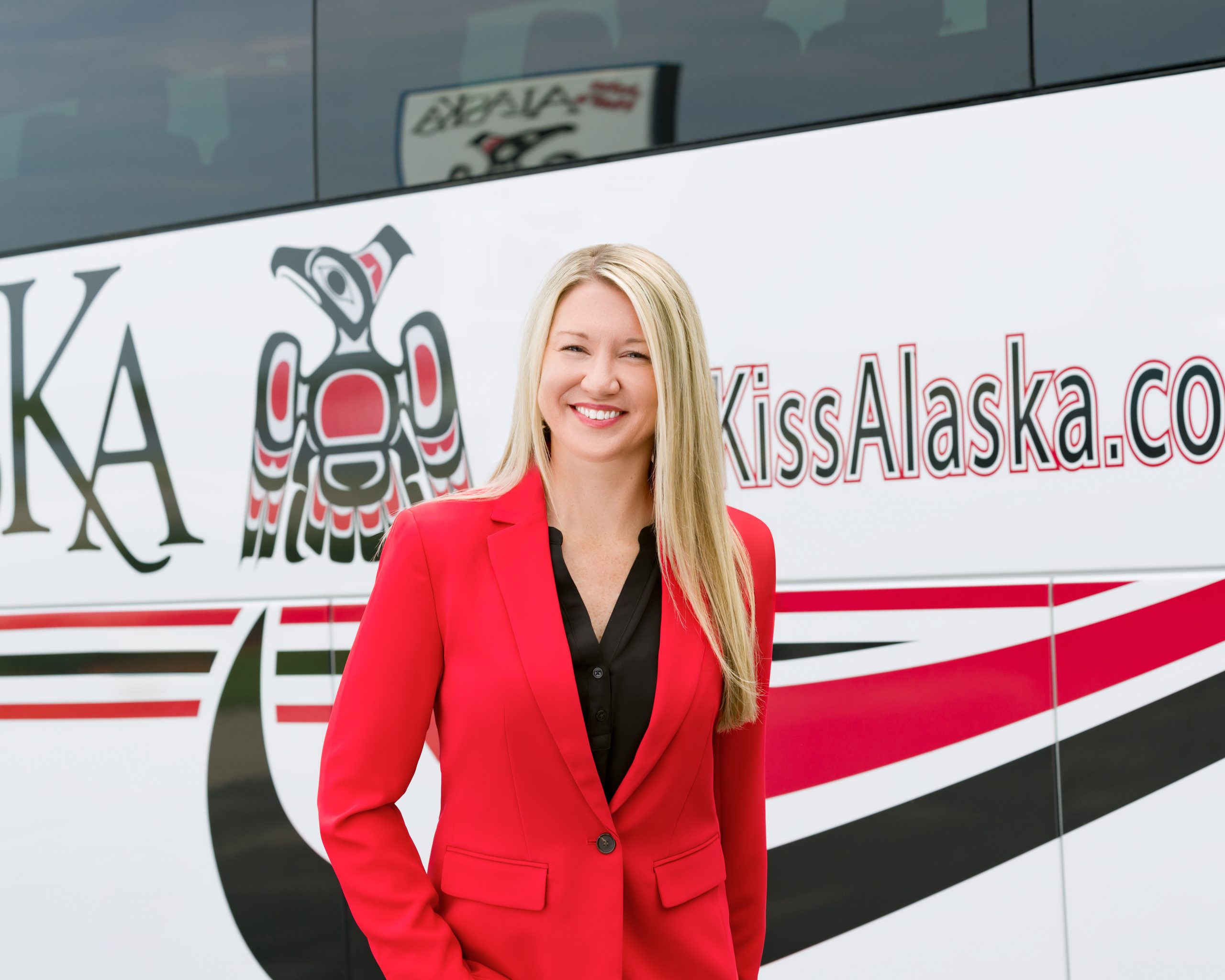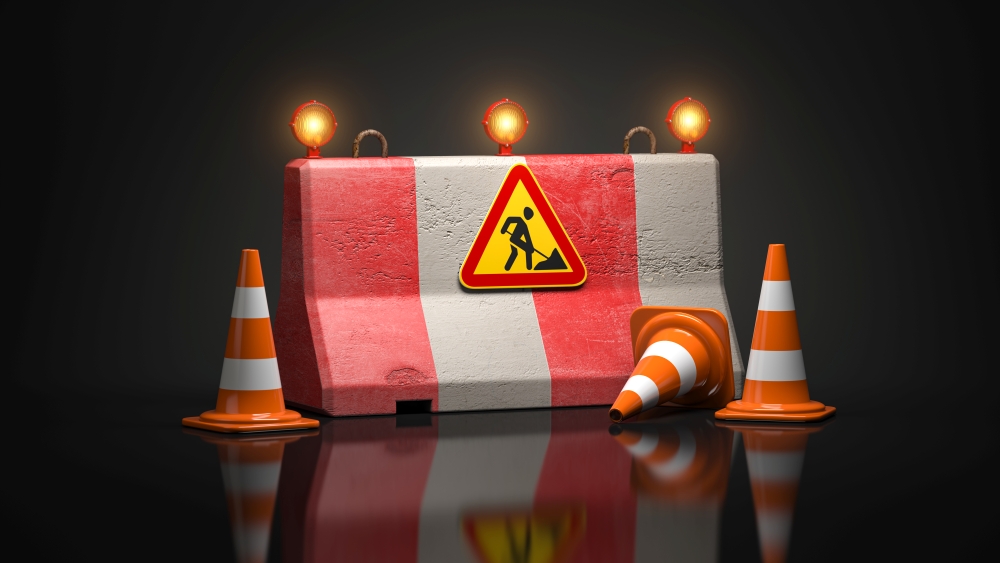How to Get Rolling With Indigenous Tourism

In the September/October issue of ABA’s Destinations magazine, the cover story entitled “It Takes a Village” explains how Indigenous tourism is helping keep Native American cultures strong, fostering understanding and healing, providing funds and jobs—and offering a growing number of travelers a new perspective on U.S. history. “America is getting to know America,” says Camille Ferguson, economic development director of the Sitka Tribe of Alaska. “Tourism is an opportunity for Indigenous peoples to tell their story.”
Ready to organize a cultural tour for your groups? “Approaching Indigenous tourism can be challenging, but also extremely rewarding if done properly,” says Elizabeth Hall (pictured above), Chief Operating Officer of John Hall’s Alaska. She recommends that motorcoach and tour operators:
1. Ask questions and embrace the feedback of those hosting the tours, the local Indigenous cultures, and experts representing Indigenous tourism. “While motorcoach and group operations have standards in designing their packages, with cultural tourism operators must have to understand that their packages also need to be embraced by the locals hosting,” Hall says. “If you can proactively ask the appropriate questions in the design phase, you’ll have much more success incorporating Indigenous experiences into packages.”
2. Keep in mind that some tour operations have limited resources or capabilities. “It’s important to have patience and fully understand the capabilities when it comes to things like group size, location, available fleet, available guides, and the locals’ wishes,” says Hall. “In Alaska, smaller group products receive our Black Label Experience designation due to limitations on guest capacity in remote locations.”
Hall explains that these smaller-group tours “enhance the guest experience by providing standards locals are able to achieve success with. This limits the pressure on the locals, guides, and the Indigenous cultural tourism environment.”
3. Prepare guests for a true and authentic experience. Says Hall, “For the overall success of the tour, it’s important that companies make sure guests are prepared for what to expect on any trip…however special and unique. Cultural activities and differences in lifestyles may vary from expectations. But these are a good thing, so prepare guests for what to anticipate. It will only enrich the overall visitor experience to that destination.”
To learn more about John Hall’s Alaska, and their Alaska groups experiences, visit kissalaska.com.
John Hall’s Alaska | kissalaska.com, (800) 325-2270

Read More!
Read the September/October 2024 Destinations cover feature, “It Takes a Village,” for a more in-depth look!
Pictured: Elizabeth Hall, Chief Operating Officer, John Hall’s Alaska. Photo courtesy of John Hall’s Alaska.
Linda Formichelli has been a freelance writer since 1997. She lives in Raleigh, N.C.
